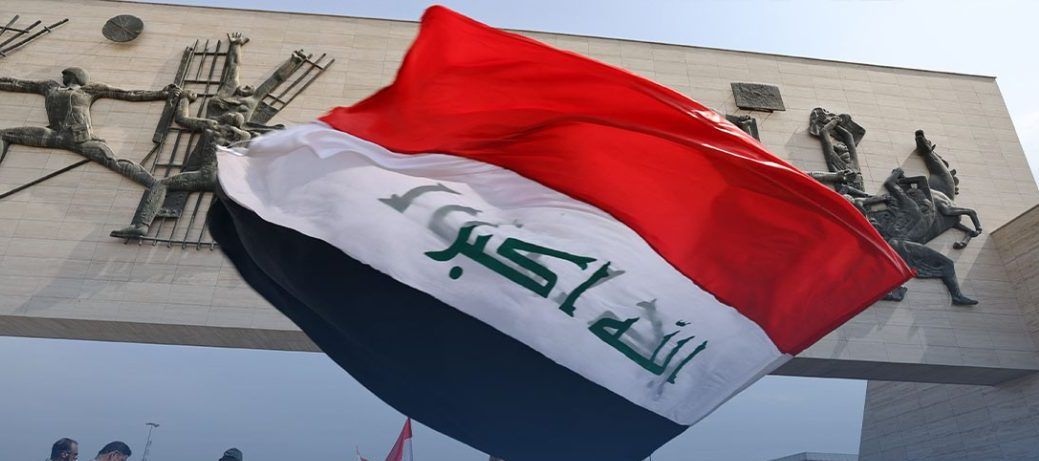
©(Ahmad Al-Rubaye / AFP)
Iraq said on Sunday that a new power line will bring electricity from Turkey to its northern provinces as authorities aim to diversify the country's energy sources to ease chronic power outages.
The 115-kilometre (71-mile) line connects to the Kisik power station west of Mosul and will provide 300 megawatts from Turkey to Iraq's northern provinces of Nineveh, Salah al-Din and Kirkuk, according to a statement by the prime minister's office.
Prime Minister Mohamed Shia al-Sudani said the new line was a “strategic” step to link Iraq with its neighboring countries.
Decades of war have left Iraq's infrastructure in a pitiful state, with power cuts worsening the blistering summer, when temperatures often reach 50 Celsius (122 Fahrenheit).
Many households have just a few hours of mains electricity per day, and those who can afford it use private generators to keep fridges and air conditioners running.
Despite its vast oil reserves, Iraq remains dependent on imports to meet its energy needs, especially from neighboring Iran, which regularly cuts supplies.
Sudani has repeatedly stressed the need for Iraq to diversify energy sources to ease the chronic outages.
To reduce its dependence on Iranian gas, Baghdad has been exploring several possibilities, including imports from Gulf countries.
The Iraqi government aims “to complete the connection with the Gulf Cooperation Council (GCC) electric grid by the end of this year,” Sudani said on Sunday.
In March, a 340-kilometre (210-mile) power line started operating to bring electricity from Jordan to Al-Rutbah in Iraq's southwest.
With AFP
The 115-kilometre (71-mile) line connects to the Kisik power station west of Mosul and will provide 300 megawatts from Turkey to Iraq's northern provinces of Nineveh, Salah al-Din and Kirkuk, according to a statement by the prime minister's office.
Prime Minister Mohamed Shia al-Sudani said the new line was a “strategic” step to link Iraq with its neighboring countries.
Decades of war have left Iraq's infrastructure in a pitiful state, with power cuts worsening the blistering summer, when temperatures often reach 50 Celsius (122 Fahrenheit).
Many households have just a few hours of mains electricity per day, and those who can afford it use private generators to keep fridges and air conditioners running.
Despite its vast oil reserves, Iraq remains dependent on imports to meet its energy needs, especially from neighboring Iran, which regularly cuts supplies.
Sudani has repeatedly stressed the need for Iraq to diversify energy sources to ease the chronic outages.
To reduce its dependence on Iranian gas, Baghdad has been exploring several possibilities, including imports from Gulf countries.
The Iraqi government aims “to complete the connection with the Gulf Cooperation Council (GCC) electric grid by the end of this year,” Sudani said on Sunday.
In March, a 340-kilometre (210-mile) power line started operating to bring electricity from Jordan to Al-Rutbah in Iraq's southwest.
With AFP
Read more



Comments